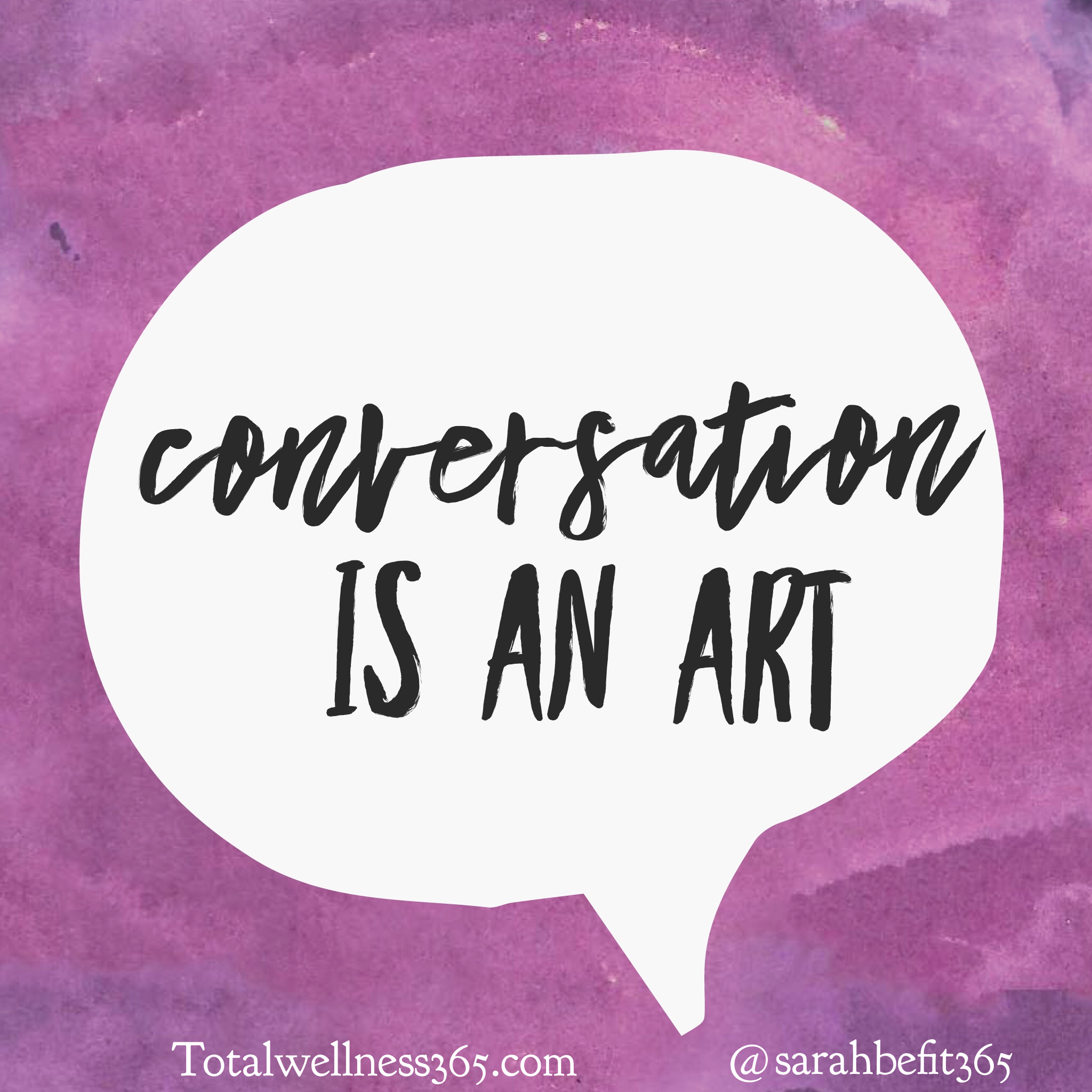How many of you are now humming that song from the Sound of Music? I may have done that intentionally because it is one of my favorite movies this time of year (White Christmas starring Bing Crosby is the other). Read through to the end to learn why the song and movie is associated with Christmas. I know that you are so eager to learn about some of my favorite things, so here goes.
Therapy
Okay okay, i’m not biased on this I promise! Participating in therapy is a great tool for so many to find healing, solutions, restore confidence and learn new skills. According to a NAMI report 21% of U.S. adults experienced mental illness in 2020; that’s 52.9 million people, or 1 in 5 adults. Of those adults 46% received treatment. We can undoubtedly guess that during the global pandemic of 2020 these numbers in mental health and therapy needs increased from 2019. What was once very taboo has become a bit more normalized. Thanks in part to the Gen Z-ers who are very vocal about participating in therapy, to the influx of social media posts by lay persons and professionals related to therapeutic benefits. Here’s a tidbit that you may not know; even therapists have therapist. It’s our role to leave our worries outside the therapy room door so that we can be fully present for you. But that means we need someone to helps us process it all too.
Supplements
Let me be very clear before I start talking about this. I am not a licensed medical practitioner, but I am a certified health coach, so always consult your medical practitioner before starting a new supplement. If you want more information about the health coaching I offer, check out the page on my website. Based upon my own experiences using supplements paired with my training as a health coach, there are a few supplements that have proven to be valuable in improving moods, maintaining a healthy brain, and healthy lifestyle.
First up is omega fats. I am not a fish eater; in fact my motto as a child was ‘nothing from the sea.’ This has since changed and I now love mollusks and shellfish. However shellfish does not offer me the healthy omega 3 fats that come from cold water fish (e.g., salmon). Other healthy fats in the omega 6 + 9 variety are more prevalent in my daily diet. So I supplement with omega 3-6-9 pills. This article provides more details on the differences, sources and importance of taking omega fats in supplement form. Other supplements I highly recommend is magnesium and turmeric. Turmeric has many health benefits, the most notable is that it’s a natural anti-inflammatory and antioxidant. Additional benefits include improvements in brain health related to depression and prevention of Alzheimers (source). Lastly is magnesium, essential for brain and body health. It’s the most abundant mineral found in the body yet you’re likely not getting enough through your diet. Check out Dr. James DiNicolantonio’s videos on magnesium here and here.
Pets
If you’ve sat in my office or been in my virtual office, you’ve likely seen my cat. As ornery as she is, my cat is a calming force when I come home. She loves snuggles, has anxious attachment tendencies (is that possible in animals?!) and is a big talker, as are most Siamese cats. Owning a pet certainly comes with disadvantages (financial cost or clean up), yet more and more people own pets. Over half (57%) of the population owns at least one pet (source) which tells us there’s got to be something good for us about owning a pet. One study in particular looked at the wellbeing of owners, conducting 3 separate studies to find their conclusions. Improvements were more significant than originally proposed proving that owning a pet increases the social support aspect of the owner. Consider how many people you have become close with at the dog park because the dogs are playing together! Other benefits more commonly discussed from pet ownership include, reduction in depressive and anxious symptoms, improved self esteem, and increased physical activity. Considering getting a pet? Be sure to do your research on all the expectations and responsibilities of pet ownership. Plus there are opportunities for interactions with pets without the ownership responsibilities through volunteering at a shelter, working with therapy animal trainers, etc.
Laughter
You’ve heard the saying, laughter is the best medicine? And I’m guessing that you’ve even experienced the perks of laughter after a game night with friends. But just how good for you is it to laugh? The idea that laughter as medicine became a subject of interest in 1979 when Norman Cousins spoke about it’s analgesic effects on his own illness is his book An Anatomy of an Illness. Since then multiple studies have shown the psychological benefits of laughter; improving affect, reduction of depression and anxiety symptoms to name a few. In more recent years however there is growing evidence that laughter even has physiological benefits. This article outlines more of the details of the studies conducted. Suffice it to say that you could prescribe laughter for yourself and reap the psychological and physiological benefits. Creating a new weekly habit for 30-minutes belly laughing, a great way to share!
Looking ahead
Now that you’ve had a peak into a few of my favorite things, let’s return to the history of the song. Various stories suggest that the fame of the song, A Few of My Favorite Things, is because of Julie Andrews singing the song on The Garry Moore holiday special back in 1961 before the movie came out in 1964. Another story is that the song was created and performed to be a Billboard hit in preparation for the release of the Sound of Music movie in 1964. Still another story is that the tv stations wanted family friendly movies aired during the holidays when families were most often coming together, and Sound of Music was an easy choice. So as this year draws to a close in the coming weeks, I hope that you will embrace a few of your favorite things and share with others. May your smile be bright, your holidays be peaceful and your hearts be overflowing. Be Well!




